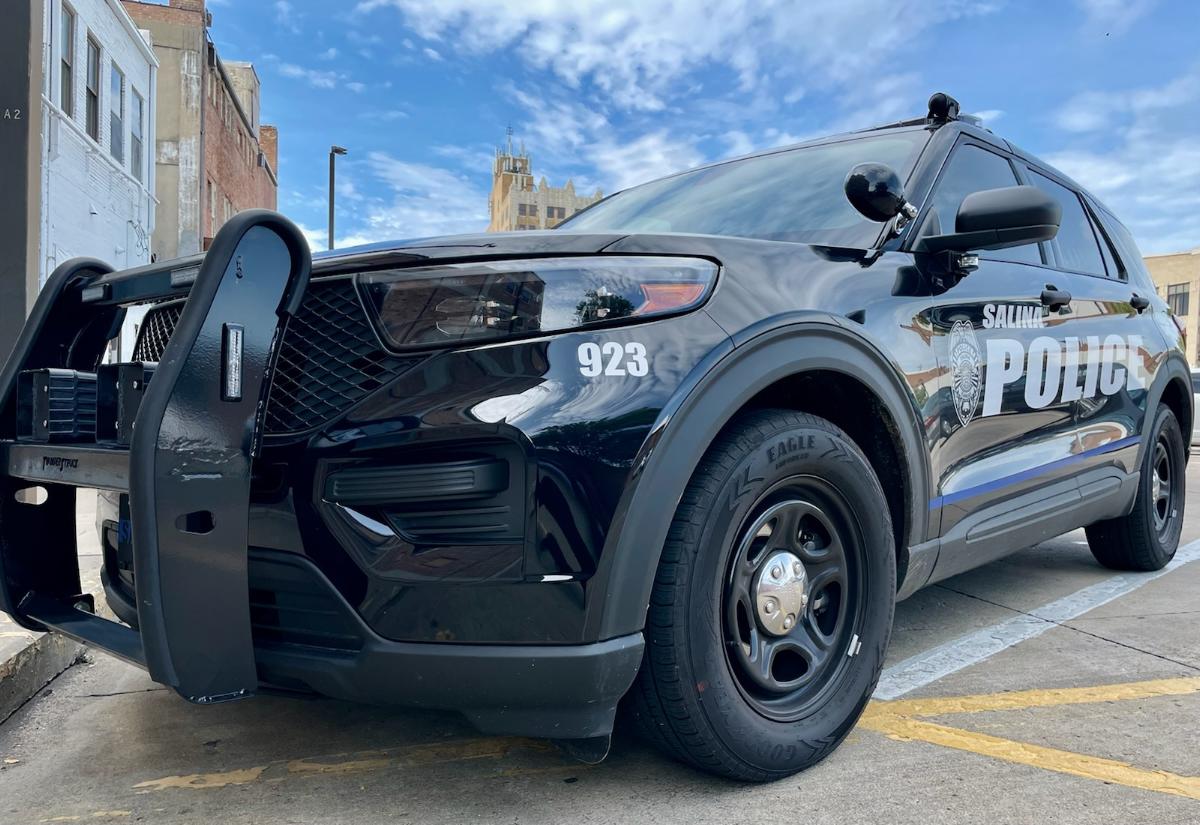It appears that K-State is unable to expel the student who made an offensive social media post late last month. However, the school is taking several measures to combat racism and continue to become a more inclusive place.
K-State President Richard Myers sent out a statement on Wednesday morning which continued to condemn the Twitter post that a K-State student made about George Floyd–a black man murdered while in police custody in Minneapolis, Minn. in May. However, Myers says that the school is unable to expel the student without violating his first amendment rights.
Myers though, announced that the school is taking several measures to combat racism.
The school has created a Student Ombudsperson Office that will report to the school’s Provost, Chief Diversity and Inclusion Officer and Vice President for Student Life to advocate for students experiencing a campus climate concern.
K-State will also refine their Student Code of Conduct with an anti-racist lens, increase recruitment efforts for more students of color and develop a social media policy that balances institutional values with free speech for students.
Myers’ full letter to the K-State campus can be read below:
“Dear K-State Community,
Recent national events and #BlackAtKState bring into clear focus how much work needs to be done to address racial and social injustice issues at our university. The university has committed to developing meaningful, measurable action plans with concrete steps.
These proposed steps take into account the reality that, as a governmental entity, we must operate within the law. There have been many calls for us to expel a student who posted racist messages on social media, and while these messages are disrespectful and abhorrent, we cannot violate the law.
What we can do is use these incidents as a catalyst to more crisply define the way we will work to stop hate at K-State and combat racism on our campuses. These initial steps have been based on the many voices heard so far, we will continue to listen and develop actions based on the many voices in our community.
Toward creating a more inclusive K-State, we commit to the following action steps.
Student-Related Action Steps:
1. Create a Student Ombudsperson Office in collaboration between the Provost, Chief Diversity and Inclusion Officer, and Vice President for Student Life to advocate for students experiencing a campus climate concern.
2. Establish a work group to analyze and make recommendations regarding all university policies, including discrimination and harassment policies and the Student Code of Conduct, with the goal of identifying and addressing institutional bias and barriers through an anti-racist lens.
3. Increase recruitment efforts with the aim of raising enrollment of students of color to meet or exceed the state of Kansas demographics.
4. Increase efforts to raise retention and graduation rates of students of color with annual measurable goals.
5. Increase the amount of need-based scholarships with annual measurable goals. Additionally, this next fiscal year’s voluntary salary reductions from administrative leaders will go directly towards need-based scholarships for students.
6. Improve the process for receiving complaints of discrimination.
7. Develop a policy on social media usage for students that balances our institutional values and free speech. Currently one exists for faculty and staff.
8. Initiate a “Truth, Racial Healing, and Transformation” campaign through Student Life modeled after the Association of American Colleges and Universities’ program to develop and track progress on co-curricular equity initiatives.
Faculty-Staff Related Action Steps:
9. Increase hiring and retention efforts for faculty and staff of color with the goal of meeting or exceeding relevant local, state, and national labor market demographics.
10. Work with the colleges and faculty to adopt the U.S. multicultural overlay as a universitywide model.
11. Develop and offer mandatory cultural competency workshops for faculty and staff.
A publicly available dashboard for measuring progress and identifying accountable university leaders for each of the above action steps will be developed. These commitments are an initial response and further action steps will be encouraged to be added by additional university units and through our shared governance process.
We will ensure students, faculty and staff of color are at the table along with other underrepresented groups as the above action steps move forward. Work on this plan begins immediately and progress will be reported monthly to the university community.
Richard B. Myers
President of Kansas State University”



